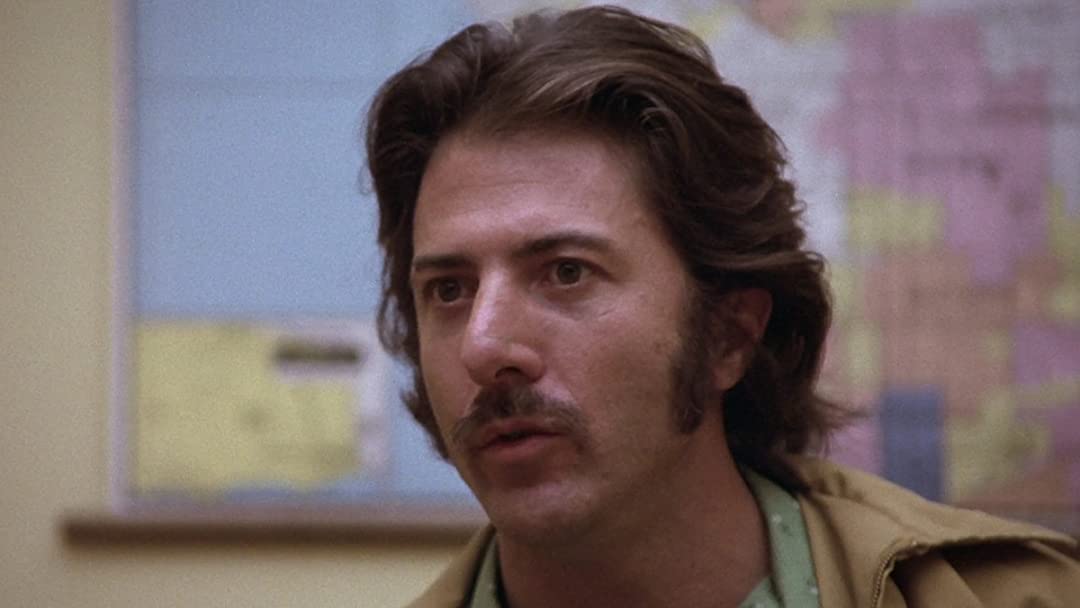
If stealing is indeed the sign of a great artist, then Quentin Tarantino is by far the best of them all. In the past twenty years throughout a tenfold catalog, the former video store has littered his work with a barrage of nods, thinly-veiled homages, and shameless pastiches of everything from ’40s classic film noir, obscure B-movie slashers, to martial arts staples.
Having spent much of his early adulthood as a store clerk at the now defunct Video Archives in Manhattan Beach, Los Angeles, Tarantino is perhaps the world’s most famous movie geek, boasting an encyclopedic knowledge of the seventh art that extends far beyond the widely-accepted canon of classics. Even long after becoming the poster boy of American independent cinema and one of the most popular directors in the last quarter century, the Tennessee-born filmmaker has continued to wax poetic about ‘70s exploitation movies, Hong Kong cinema, and underground classics.
The recently published ‘Cinema Speculation’, Tarantino’s long-awaited debut non-fiction book, is a joyously infectious love letter to cinema that goes through many of the films he first experienced growing up. On the heels of this special occasion, we’ve decided to pull from its passages as well as a plethora of interviews to round up ten stunners endorsed by the mastermind behind ‘Pulp Fiction’ and ‘Kill Bill’.
1. Assault on Precinct 13 (John Carpenter, 1976)
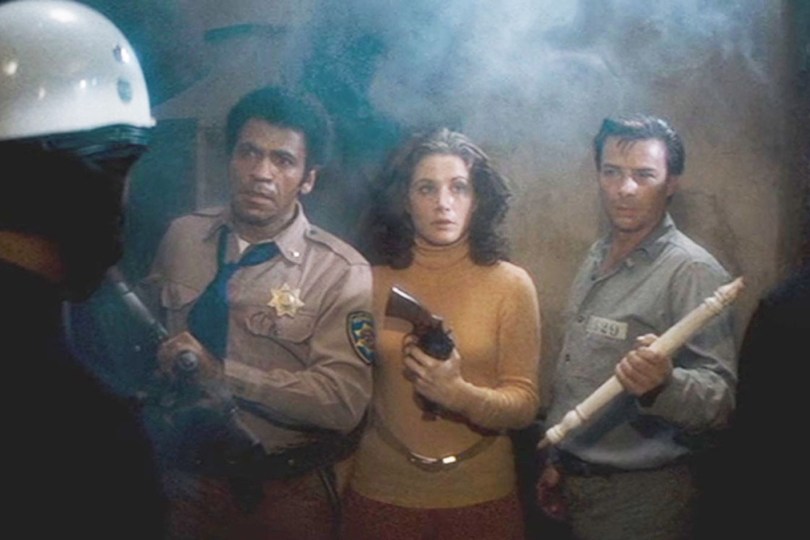
Though often swept under the rug and dismissed as a sort of test run for the more refined, and widely revered 1982 ‘The Thing’, John Carpenter’s cabin fever thriller is nevertheless a delightfully exhilarating watch that retains its blistering power almost 50 years on.
Simmering tensions begin to boil around South Central L.A., after some dirty cops slaughter members of an interracial street gang, prompting a Highway Patrol officer, two criminals and a station secretary to join forces in an unlikely allegiance to fend off an all-out assault on a defunct police station. Shot for a meager $100,000, Carpenter’s film is a high-water mark in DIY filmmaking that echoed the runaway success of George Romero’s seminal zombie flick and in turn heavily inspired Tarantino’s debut. The latter claimed during an interview with Don Gibalevich he’d “follow Assault on Precinct 13’ wherever the hell it was playing”, and would later tip his hat to Carpenter’s cult classic in ‘From Dusk Till Dawn’, where Ernest Liu can be seen wearing a ‘Precinct 13’ tee.
2. Rolling Thunder (John Flynn, 1977)

Revenge is a big thematic lynchpin that ripples across Tarantino’s entire oeuvre, a key ingredient burrowed deep into his directorial DNA, from ‘Kill Bill’ and ‘Django Unchained’ all the way to ‘Once Upon a Time’. It is no wonder then, that the Tennessee native fell head over heels in love with this gritty revenge-action penned by veteran screenwriter Paul Schrader. “Whenever I’d read it was playing at the Palace Theater, I’d take the bus to Long Beach just to see it”.
Out of the slew of hard-boiled revenge-action films to come out of the post-Vietnam era, John Flynn’s unsung masterpiece stands out as one of the finest, centering around a grizzled veteran (William Devane) who comes back from service as a hero only to be brutally attacked by two thugs upon his return. Tarantino not only listed the film among his 12 favorite films in the 2012 Sight & Sound poll, but named his own distribution company after it. “To me, it’s the greatest combo of action film and character study ever made. If you like revenge movies, this is the best revenge movie to see.”
3. The Killing (Stanley Kubrick, 1956)
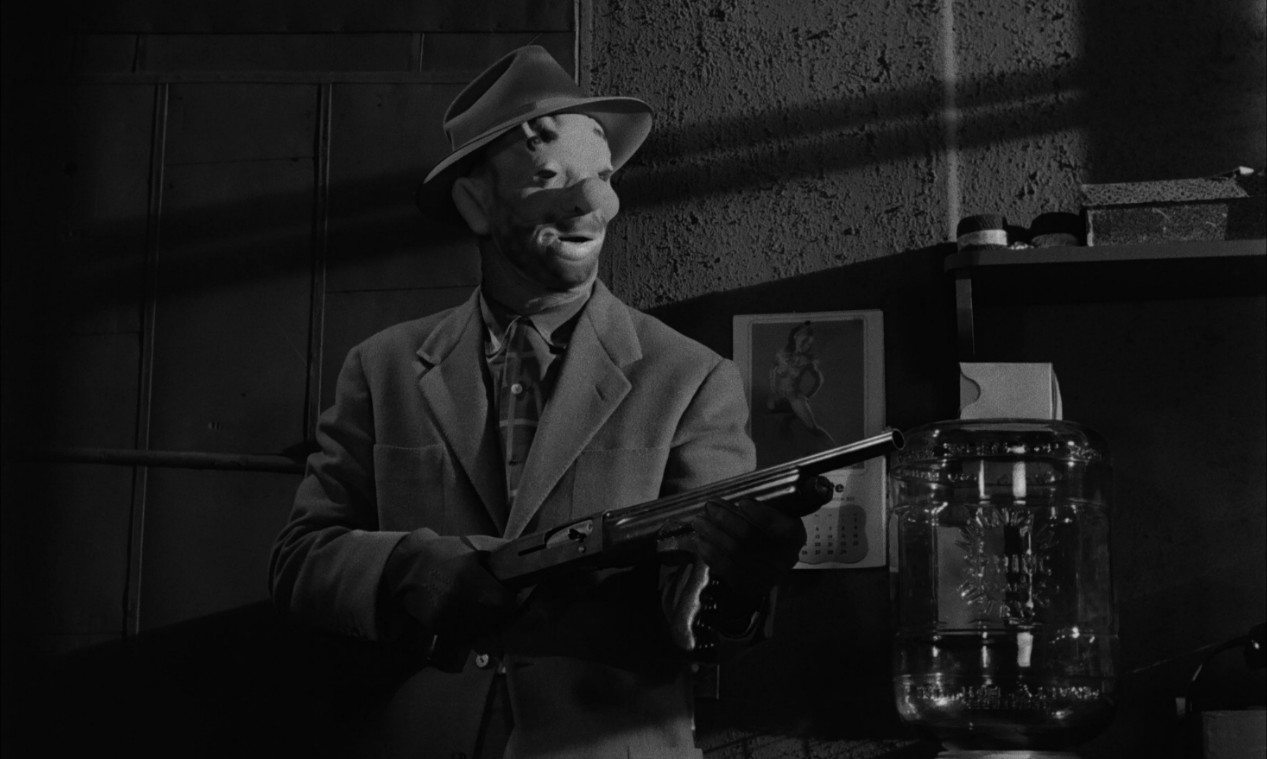
Throughout the decades, many have noted the striking similarities between Stanley Kubrick’s breakout hit and Tarantino’s 1992 directorial debut, two films that happen to revolve around an elaborate big-time heist that ultimately goes wrong in wildly unexpected ways, and which is cunningly told in non-linear fashion to keep viewers at arm’s length and leverage their expectations to great effect.
“[In ‘Reservoir Dogs’], I didn’t go out of my way to do a rip-off of ‘The Killing’, but I did think of it as my ‘Killing’, my take on that kind of heist,” told the director during an interview with the Seattle Times in 1992. Aficionados of Tarantino’s tongue-in-cheek debut, however, owe it to themselves to watch Sterling Hayden, Vince Edwards, and their colorful group of misfits meticulously hatch a plan to steal millions from a racetrack.
4. Coffy (Jack Hill, 1973)
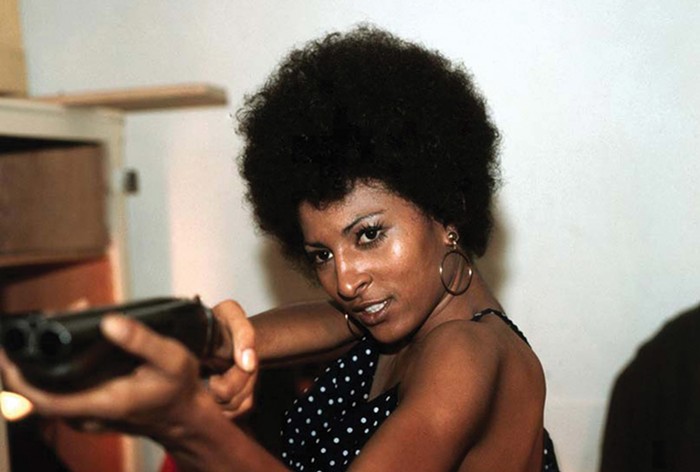
“The film that just knocked my socks off the most was Coffy, from the moment she shot the guy in the head with the sawn-off shotgun and his head exploded like a watermelon!”
It is no secret that Quentin Tarantino has a soft spot for the low-budget ’70s blaxploitation cinema, an outspoken love that bleeds into the narrative style of his movies (most evidently ‘Django Unchained’ and ‘Jackie Brown’) and extends all the way back to the early seventies where he spent his afternoons venturing to the now-defunct Carson Twin Cinema in California.
Starring underground icon and future ‘Jackie Brown’ lead star Pam Grier as a vengeful nurse out to get revenge on the drug pushers and mobsters that have turned her sister into a dope fiend, ‘Coffy’ is an exhilarating, blood-spattered rollercoaster that grabs you by the throat and doesn’t let go. Jack Hill’s cult film not only made the director’s top 10 in the 2002 Sight and Sound poll, but has also been screened on many occasions at Tarantino’s New Beverly Cinema in downtown L.A.
5. The Driver (Walter Hill, 1978)
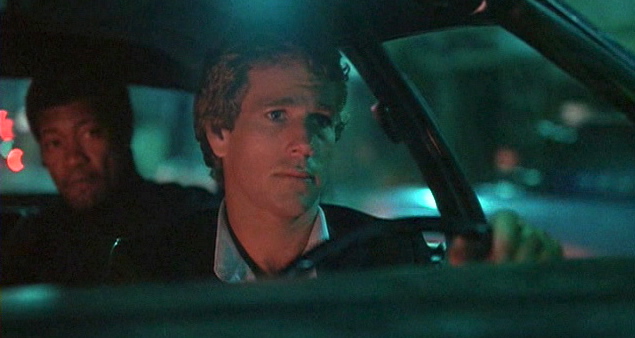
It’s impossible to discuss this slick slice of neo-noir without acknowledging the influence it has wielded on an array of modern high-profile filmmakers, from Michael Mann (who emulated the neon-soaked, gritty atmosphere of L.A. in ‘Heat’ and ‘Collateral’) to Christopher Nolan (‘The Dark Knight’). Nicolas Winding Refn’s ‘Drive’ and Edgar Wright’s ‘Baby Driver’ are perhaps two of the biggest tentpole releases that have recently taken a cue from Ryan O’Neal’s stoic character—a professional, no-nonsense getaway driver who takes up gig jobs for a hefty cut and is perpetually chased by the police.
Quentin Tarantino ranks amongst the film’s biggest admirers, having mentioned it as one of the coolest movies of all time according to Wesley Clarkson. The director further discussed Walter Hill’s classic film in his latest book, noting how the point of this ‘Melville-like chase masterpiece’ is that the character is devoid of personality, “an aspect that the film’s lead, Ryan O’Neal, conveyed superbly”.